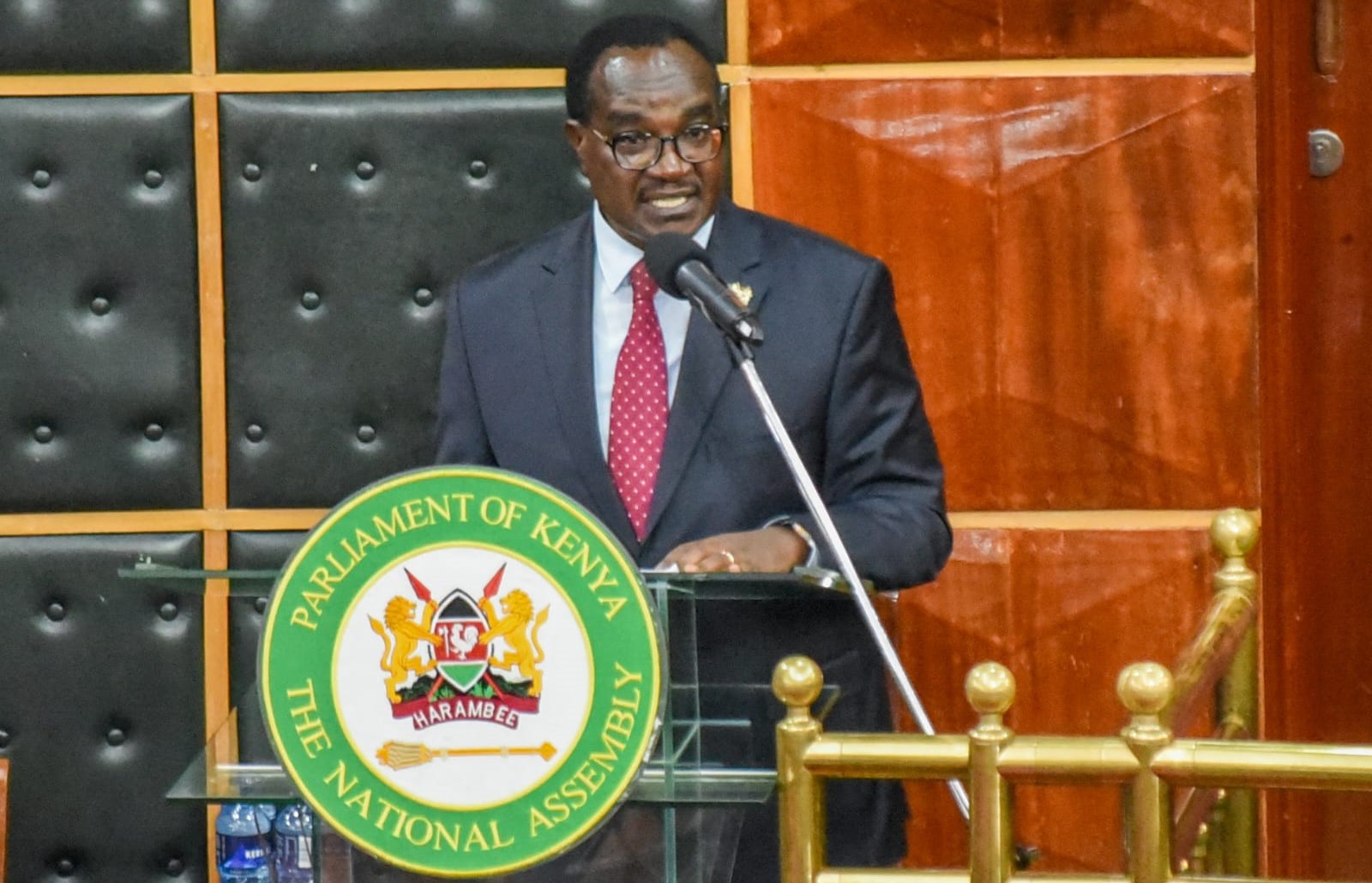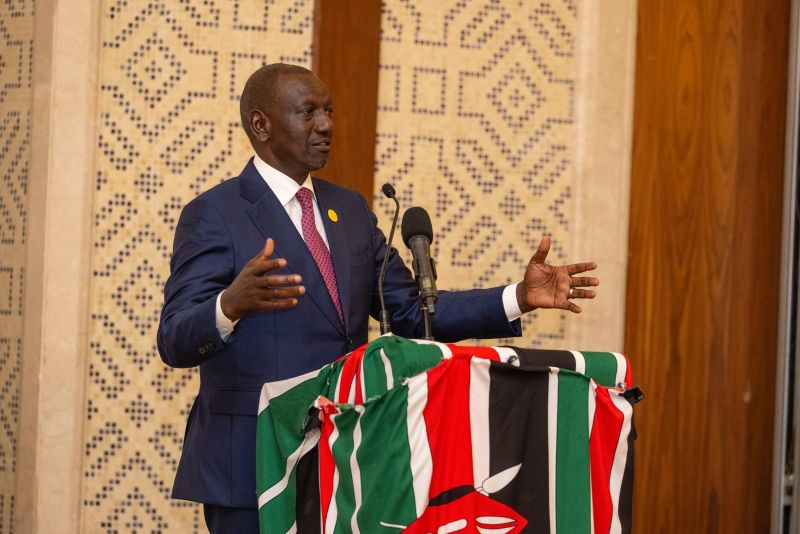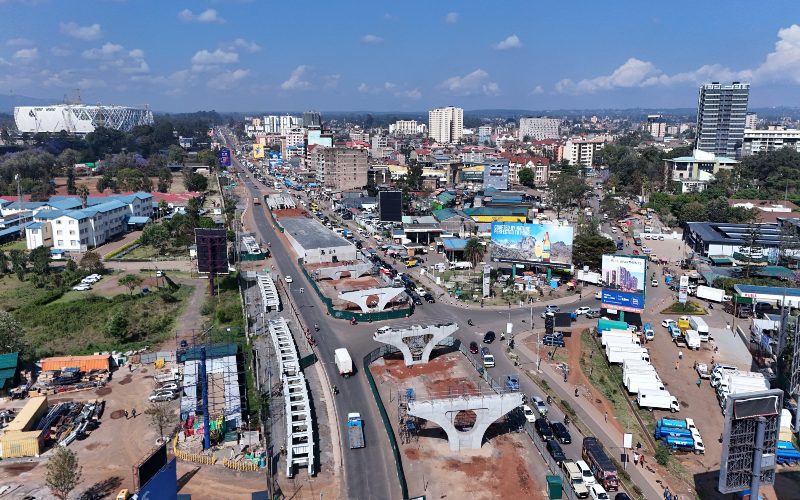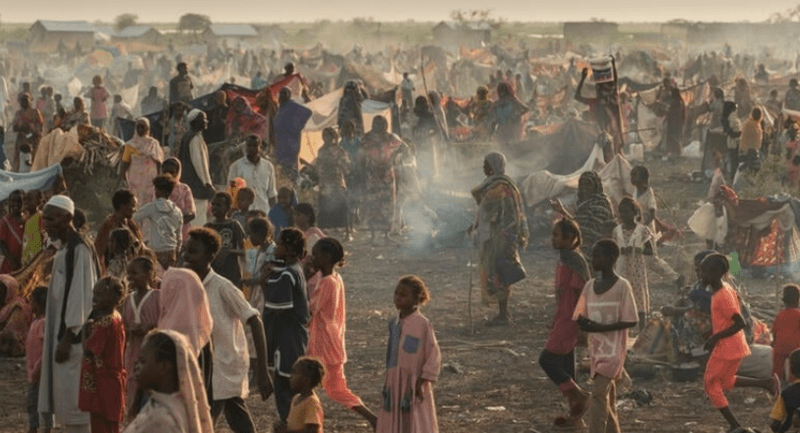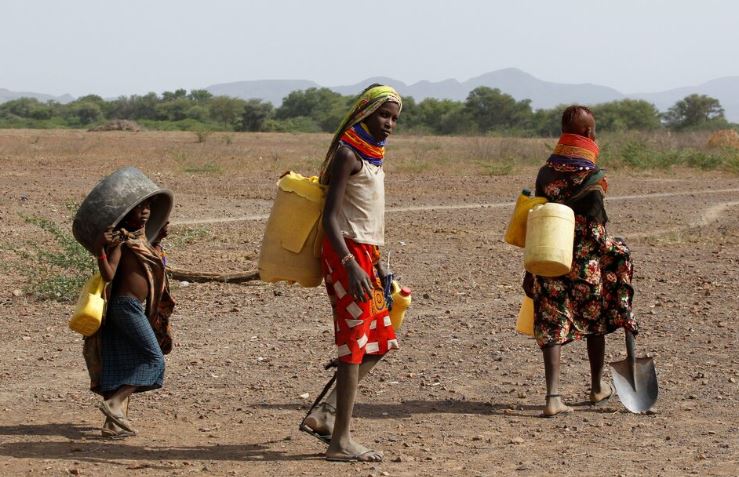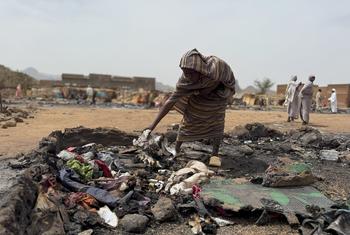Budget cuts jeopardise Kenya's commitment to Universal Health Coverage
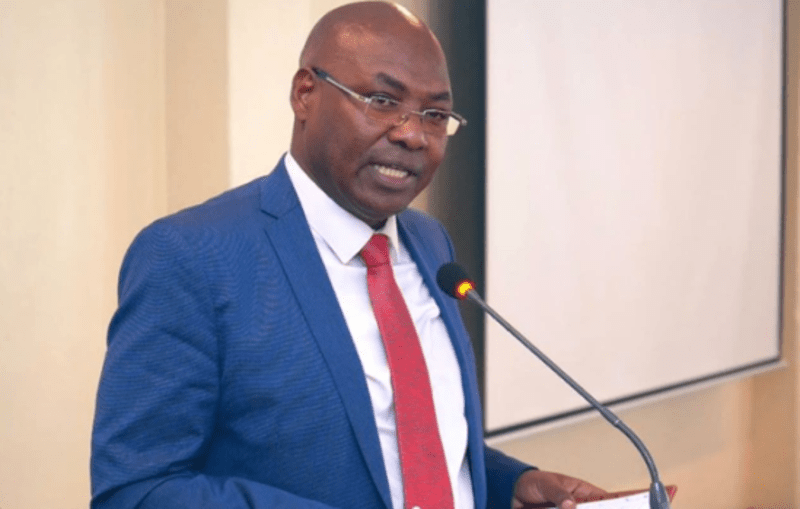
During a session with the National Assembly on Wednesday, Harry Kimtai, Principal Secretary of the State Department of Medical Services, revealed the drastic impact of these cuts.
Recent budget cuts are threatening the country's goal of achieving Universal Health Coverage (UHC), potentially leaving around 4 million low-income individuals without essential health services.
The Ministry of Health has faced continuous budget reductions, causing severe strain on the health sector.
More To Read
- Health Ministry rolls out new oxygen equipment to hospitals
- From free to unaffordable: Why more Kenyan women are giving birth at home again
- Counties undermining UHC by redirecting reimbursements, Health Committee says
- Report lays bare Kenya’s failing healthcare system
- SHA accused of ignoring law in hiring as NHIF workers left out
- Cancer patients stage protest outside SHA headquarters, demand better medical coverage
During a session with the National Assembly on Wednesday, Harry Kimtai, Principal Secretary of the State Department of Medical Services, revealed the drastic impact of these cuts.
He noted that the proposed supplementary budget for the financial year 2024/25 allocates zero funds for indigent healthcare, down from Sh6 billion in the previous year.
"For the financial year 2023/24, Sh6 billion was allocated to indigent healthcare. However, the budget allocation for the financial year 2024/25 has been reduced to zero," Kimtai stated.
He stressed that this reduction contradicts the government's commitment to making healthcare accessible to all, regardless of socioeconomic status.
In the financial year 2024/25, the health sector was allocated Sh127 billion, a decrease from Sh141.2 billion in 2023/24, marking a Sh14.2 billion reduction. In the previous financial year, the ministry's budget was cut by Sh5.6 billion. These cuts have led to delays in posting medical interns and shortages of essential medicines in hospitals.
The Ministry of Health has consistently voiced concerns over the budget cuts. For the current financial year, the ministry estimated a need for Sh319.4 billion, but only Sh100 billion was allocated. During his appearance before the National Assembly, Principal Secretary Kimtai highlighted the severe consequences of these cuts on the country's ability to achieve UHC.
"The decision in allocation will significantly affect the implementation of Universal Health Coverage, which requires the funding of primary health funds, emergency, chronic, and critical illness fund operationalisation," Kimtai explained.
Kenya's UHC program aims to ensure all citizens have access to essential health services without financial hardship. However, the ongoing budget cuts jeopardise the program's sustainability and the health of millions of Kenyans.
To meet its UHC goals, Kenya needs secure and adequate funding to support primary health services, manage emergencies, and address chronic and critical illnesses effectively.
The Ministry of Health claims the budget cuts have significantly strained the ministry, leading to the failure of collective bargaining agreements (CBA) by doctors, constant strikes, and a delay in posting interns for nearly two years. These issues have, in turn, severely affected the healthcare system.
Top Stories Today




